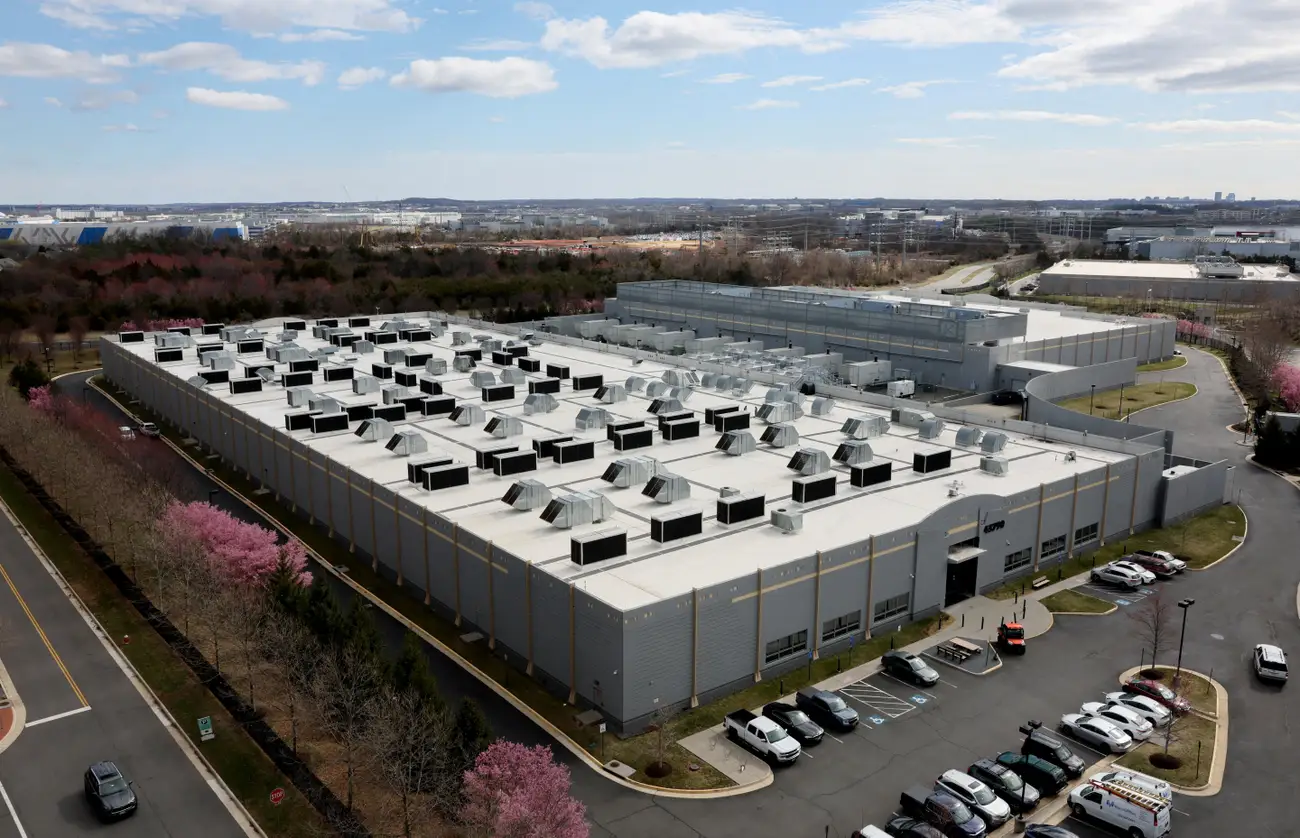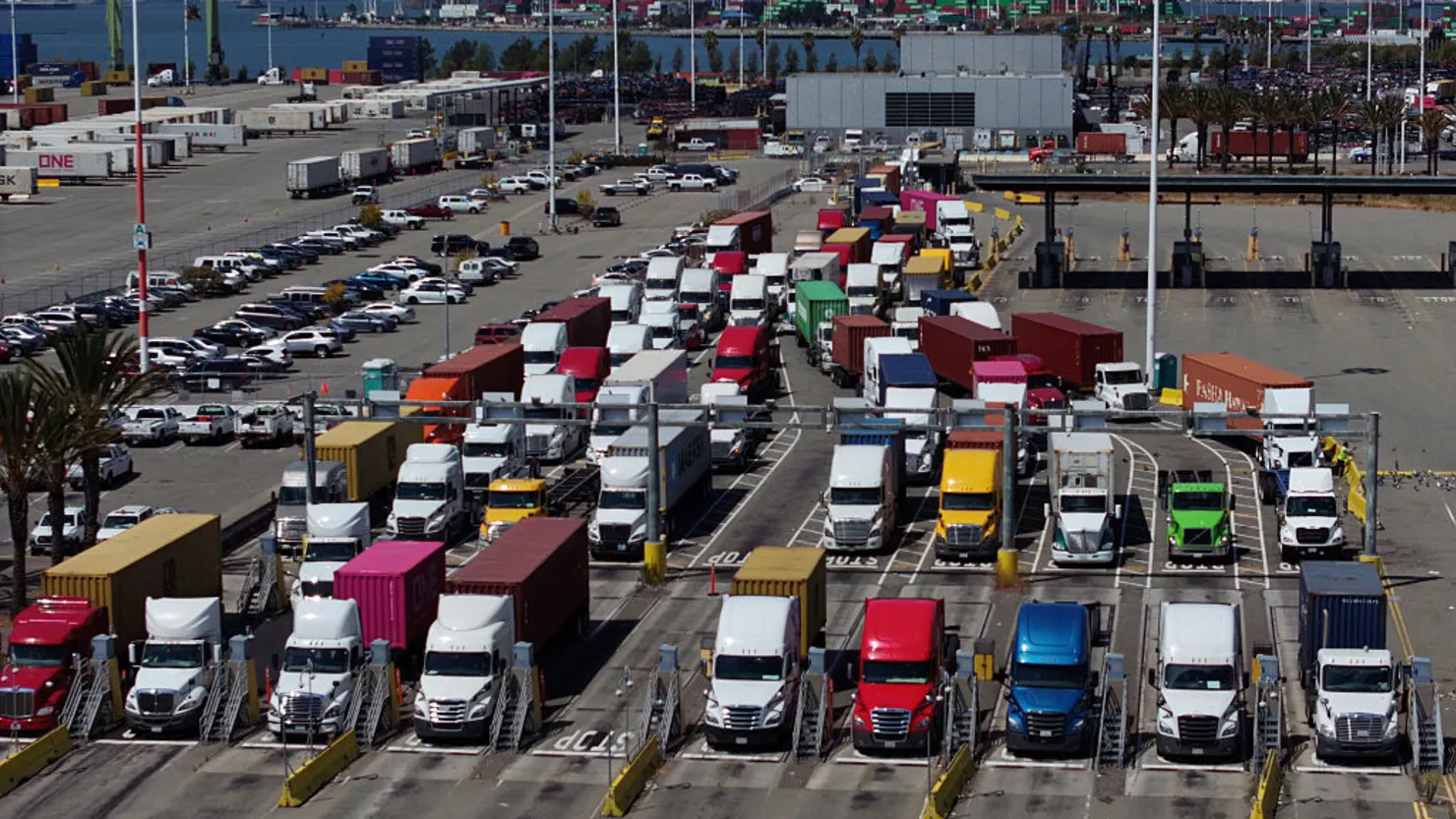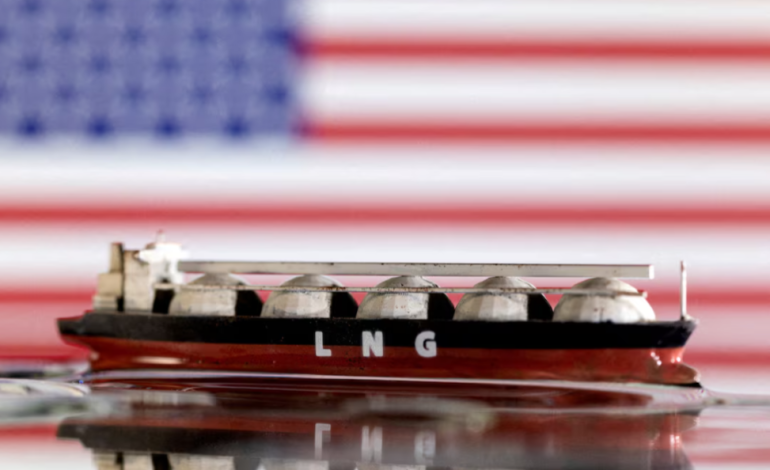The European Union is exploring adjustments to the application of its methane emissions regulations in a move that could ease access for US liquefied natural gas (LNG) exporters, according to sources familiar with the matter, Reuters reports.
The effort comes as Brussels prepares its position for upcoming trade negotiations with the United States and seeks to prevent potential tariffs proposed by former President Donald Trump.
The European Commission, tasked with leading these negotiations, is reportedly assessing ways to recognize US methane monitoring practices as “equivalent” to EU rules—potentially allowing American LNG to comply with the bloc’s new environmental standards without needing major changes to its current practices.
While the EU methane law, introduced earlier this year, is a cornerstone of the bloc’s climate policy, officials are seeking ways to maintain the law’s integrity while also addressing trade realities. Any adjustment would aim to uphold the regulation’s environmental objectives while ensuring that US LNG exporters are not unduly penalized.
Methane is a potent greenhouse gas and a major contributor to global warming, second only to carbon dioxide. Under the EU’s new rules, companies importing oil and gas must monitor and report methane emissions linked to their shipments. Starting in 2027, foreign suppliers will need to demonstrate compliance with EU-equivalent standards in order to sign new supply contracts with European buyers.
For US LNG producers, these rules pose challenges. The decentralized nature of the US gas industry, where fuel from multiple sources is often mixed into a single shipment, makes it difficult to provide precise emissions data along the entire supply chain. Industry representatives have warned that without flexibility in the EU’s application of its rules, American exporters may face significant barriers in maintaining or expanding their market share in Europe.
The Commission reportedly held a virtual meeting with US LNG firms last month to discuss their concerns. While it has not confirmed whether it is pursuing regulatory flexibility, a spokesperson noted that the EU maintains regular discussions with industry stakeholders on legislation.
At stake is not only regulatory alignment, but also broader geopolitical and economic relations. President Trump has repeatedly urged the EU to increase imports of US oil and gas as a way to reduce the trade imbalance between the two economies. EU Commission President Ursula von der Leyen has indicated that increasing LNG imports from the US could be part of the bloc’s plan to phase out Russian gas supplies by 2027.
The United States currently accounts for 45% of the EU’s LNG imports—representing about 16.5% of total EU gas imports—making it the region’s largest single LNG supplier. These volumes grew significantly after Russia’s 2022 invasion of Ukraine prompted European nations to seek alternative energy sources.
Still, the potential for regulatory friction remains. President Trump has signaled intentions to roll back federal methane reporting requirements in the US, which could complicate efforts by the EU to treat US methane standards as equivalent.










The latest news in your social feeds
Subscribe to our social media platforms to stay tuned